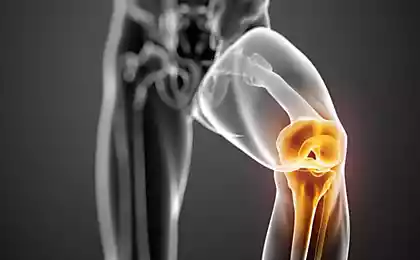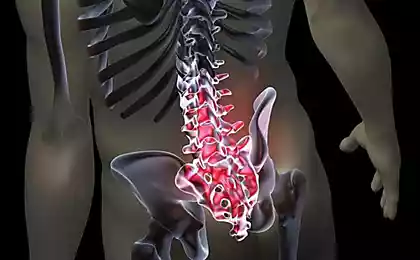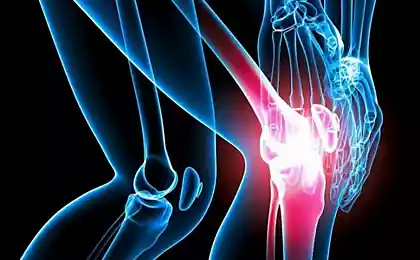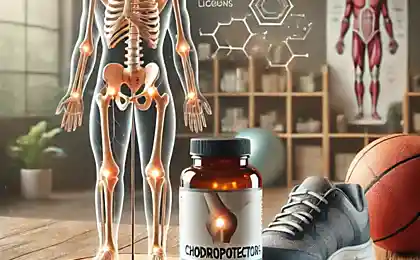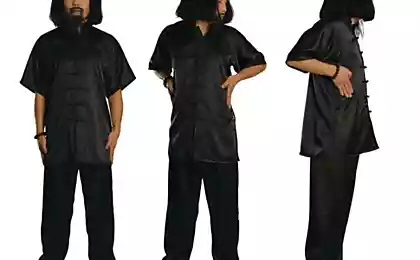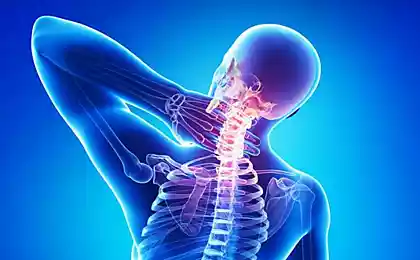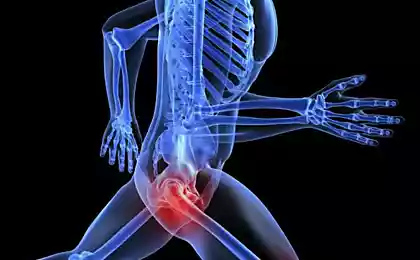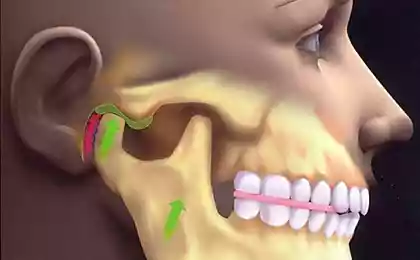466
Assessment of joint mobility according to Hippocrates
Doctors do not always have modern methods of research, such as radiography, tomography or magnetic resonance imaging. These innovations, undoubtedly, help to put the correct diagnosis and find the cause of the disease, but in our time the physician should know the methods of study, developed by Hippocrates, and be able to use your five senses.
Pretty simple to figure out the joint, even using a goniometer and other equipment, if you imagine the human body as a self-balancing system. This system is able to function by itself, without a single tool. You need to go back to Hippocrates!
CONSIDER THE SHOULDER JOINT
With regard to flexion (Fig. 119, 120) need to remember:
With regard to extension (Fig. One hundred eighteen):
From the book by A. I. Kapandji "the Upper limb. Physiology of the joints»
Also interesting: the Diagnosis of my lips: what I can tell Your lips
An easy way to diagnose a lack of iodine in the body
Source: vk.com/wall-23903469?offset=4020&w=wall-23903469_1329%2Fall
Pretty simple to figure out the joint, even using a goniometer and other equipment, if you imagine the human body as a self-balancing system. This system is able to function by itself, without a single tool. You need to go back to Hippocrates!
CONSIDER THE SHOULDER JOINT
With regard to flexion (Fig. 119, 120) need to remember:
- when the fingers are in the mouth area (Fig. 119), flexion of the shoulder joint is 45°. This movement is necessary to supply;
- when the arm is at the top of the skull (Fig. 120), flexion of the shoulder joint is 120°. This movement is necessary to perform personal toilet, combing hair, for example.
With regard to extension (Fig. One hundred eighteen):
- when the hand is located on the crest of the Ilium, the angle of extension of the shoulder joint is 40-45°.
- when the hand is located on the crest of the Ilium, the humerus in place against the torso at 45° (Fig. One hundred twenty one);
- when the fingers are located at the top of the skull (Fig. 122), abduction of the shoulder joint is 120°. This movement is done during grooming, for example.
From the book by A. I. Kapandji "the Upper limb. Physiology of the joints»
Also interesting: the Diagnosis of my lips: what I can tell Your lips
An easy way to diagnose a lack of iodine in the body
Source: vk.com/wall-23903469?offset=4020&w=wall-23903469_1329%2Fall
GOST and TU — feel the difference
How much can change a man, if he has the desire, patience and will
